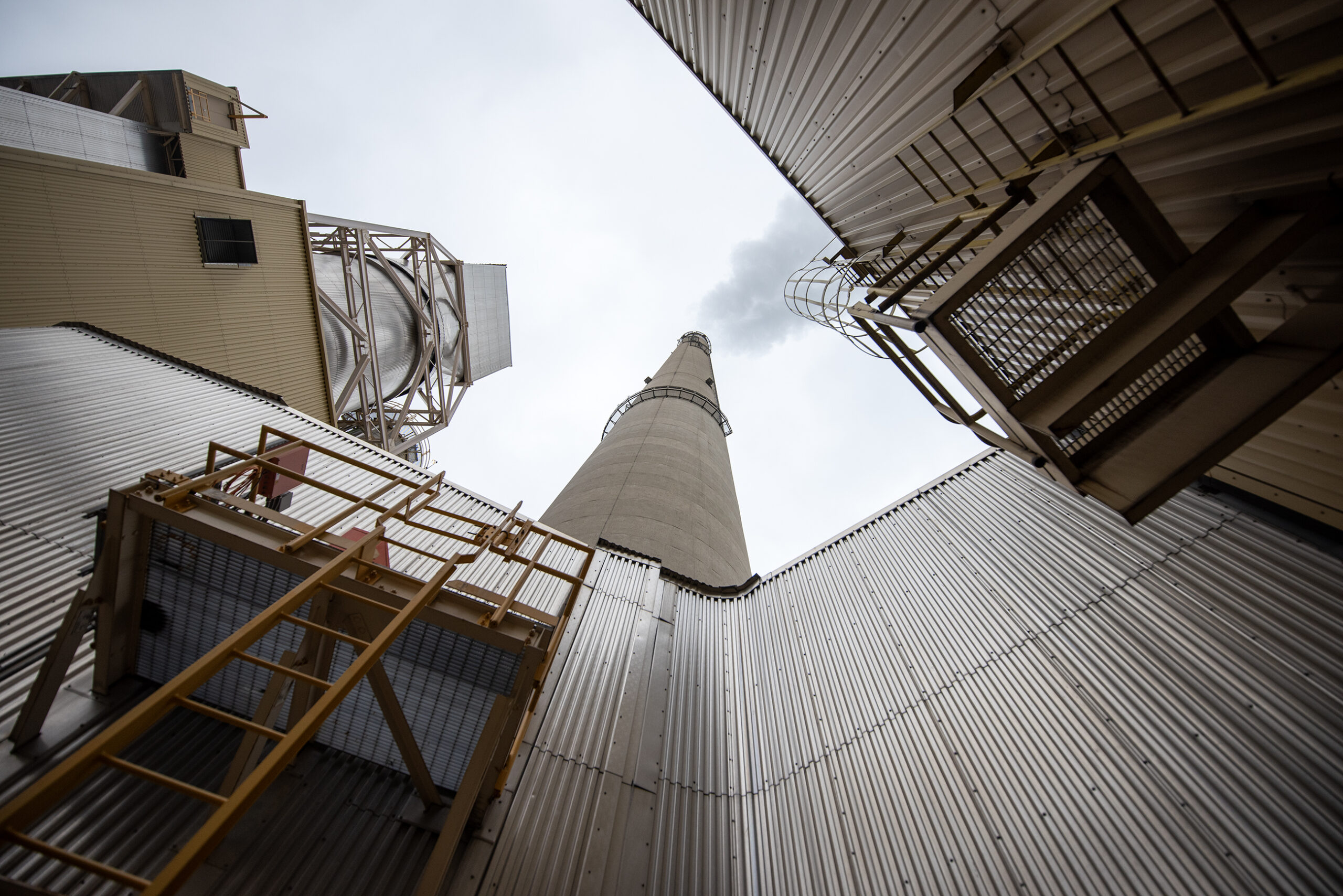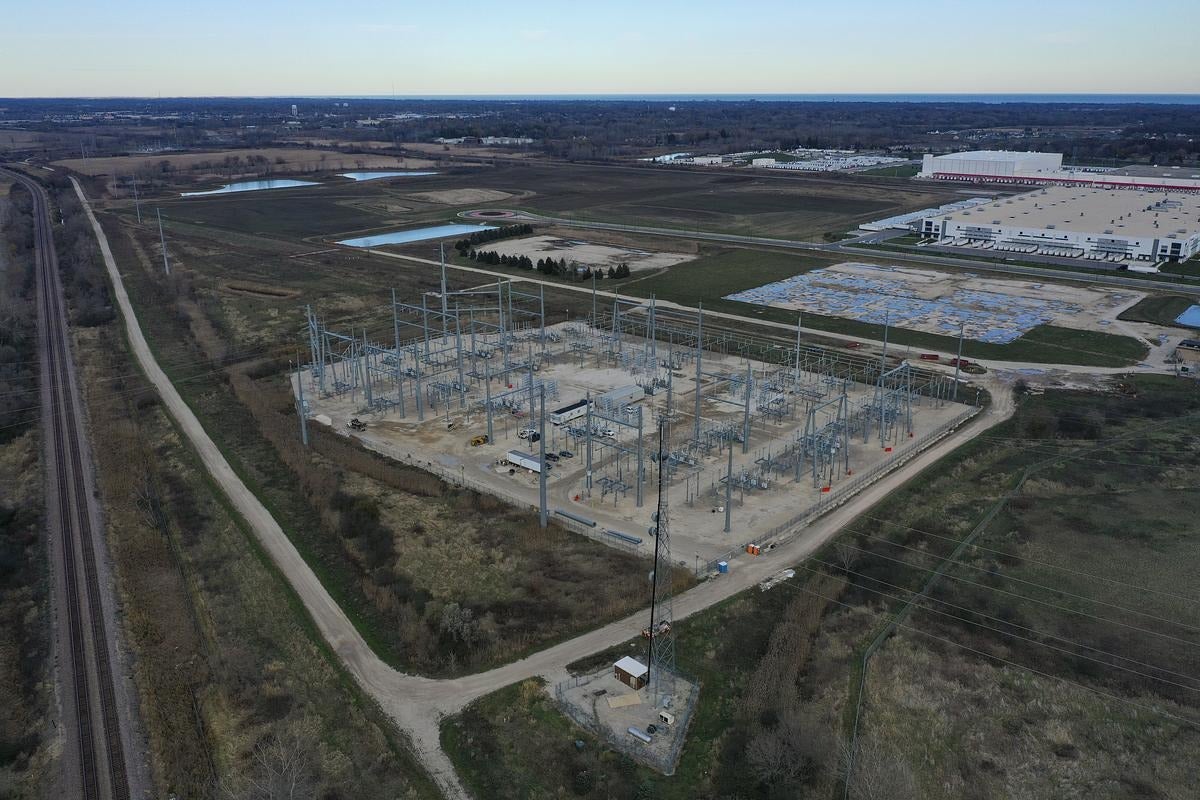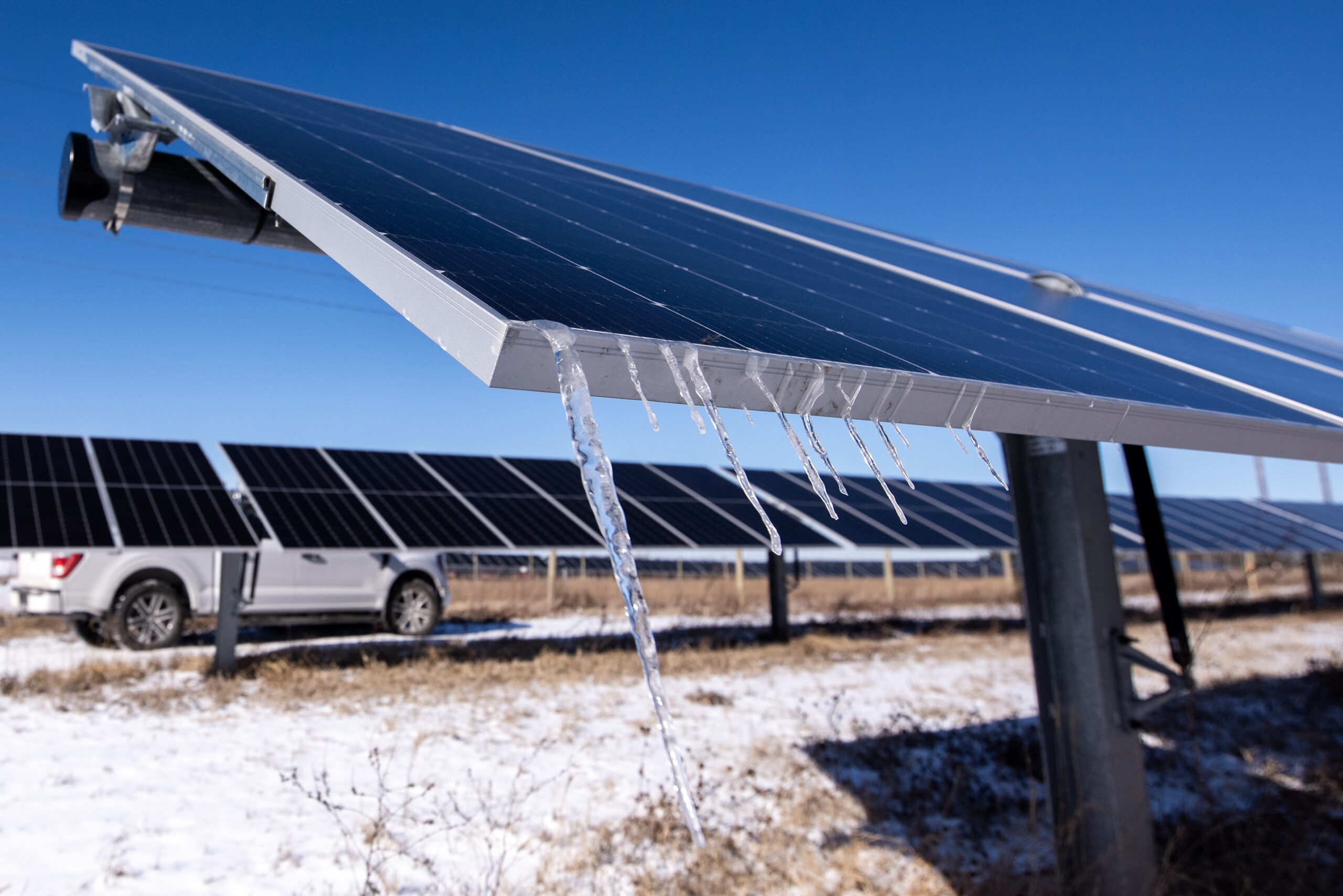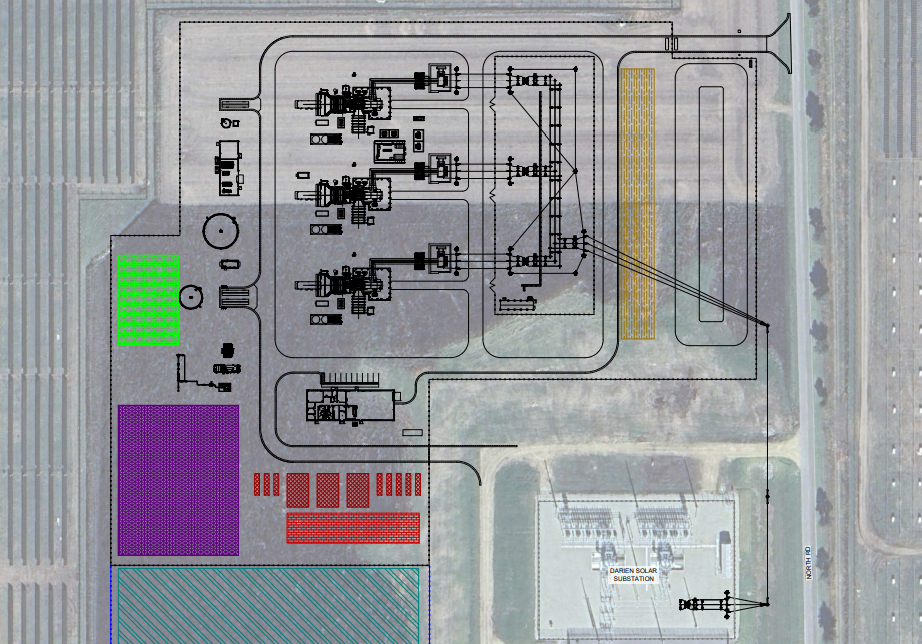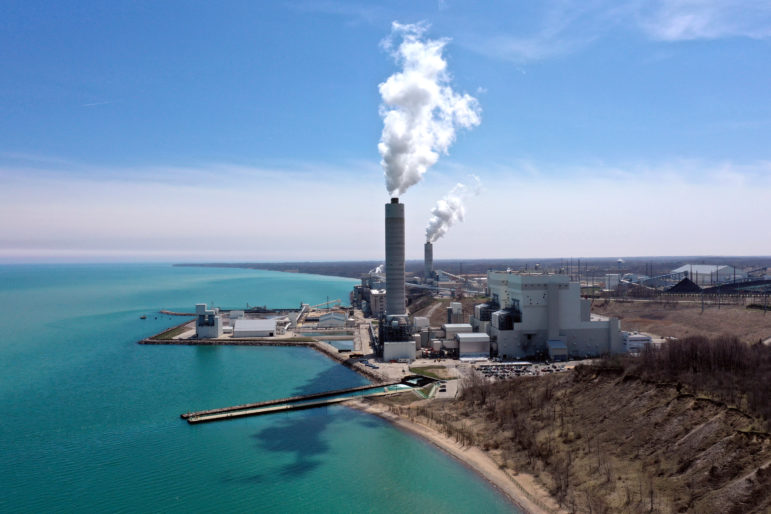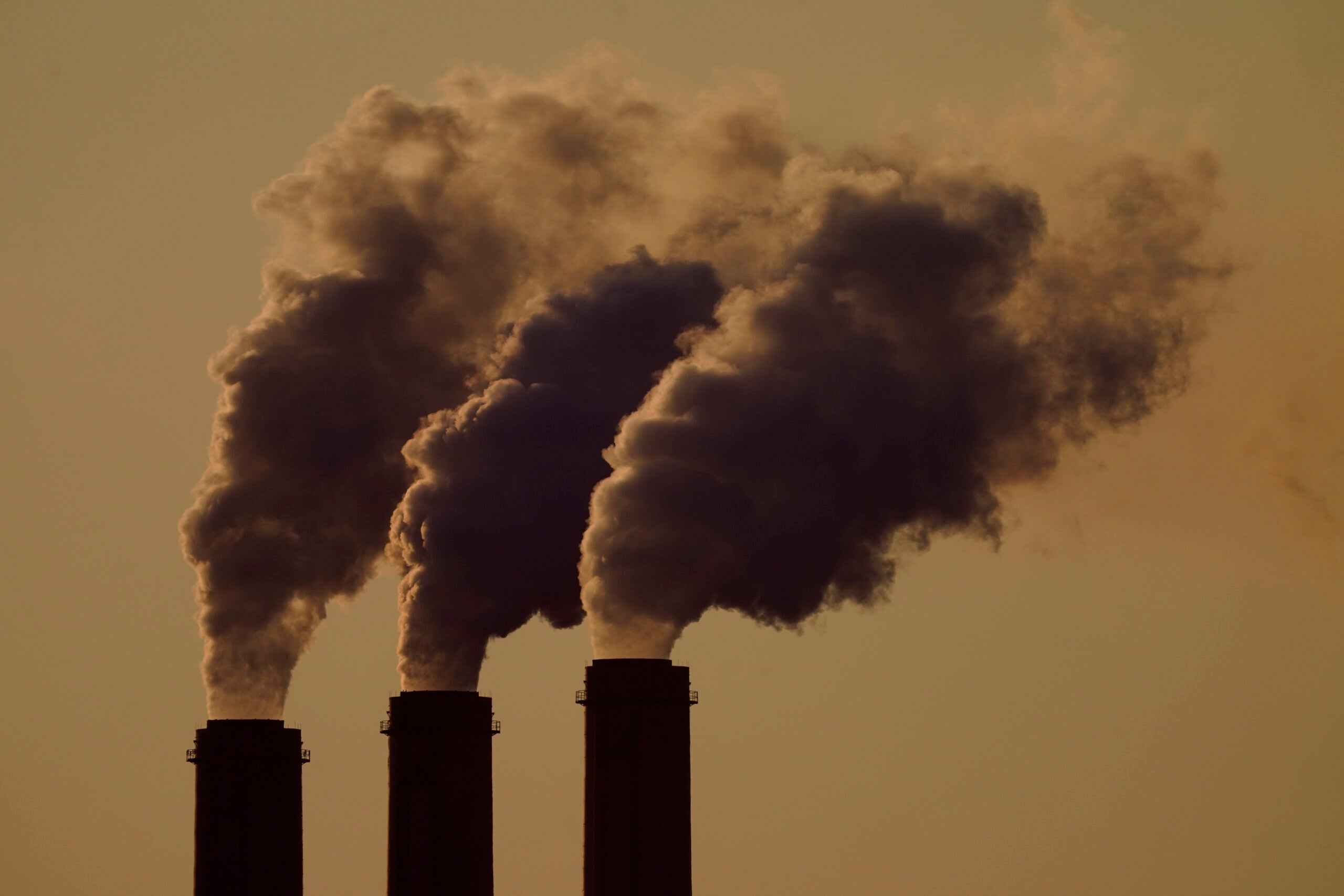Alliant Energy plans to convert its coal-burning power plant in Sheboygan County into a natural gas plant in 2028, the company announced Thursday.
But that means the Edgewater Generating Station will continue to burn coal until 2028 instead of 2025, when the plant was slated to come offline. It’s the second time in recent years Alliant has pushed back Edgewater’s retirement, initially planned for 2022.
The utility did not provide cost projections for the plant’s transition, but said it will help retain the workforce at Edgewater. Alliant also said continuing the use of coal beyond 2025 will help maintain electricity capacity and avoid roughly $60 million in customer costs through 2030.
News with a little more humanity
WPR’s “Wisconsin Today” newsletter keeps you connected to the state you love without feeling overwhelmed. No paywall. No agenda. No corporate filter.
“We are pursuing the path that best bolsters continued reliability, drives affordability for all, supports our commitment to reducing greenhouse gas emissions and ensures load growth availability that creates economic benefits in the communities we serve,” said David de Leon, Alliant’s Wisconsin president, in a statement.
The news comes after We Energies announced a similar conversion for its South Oak Creek coal plant in Milwaukee County. We Energies’ sister company, Wisconsin Public Service, is also planning to convert a coal plant in Weston, near Wausau, to natural gas in the coming years.
Wisconsin’s electric utilities view natural gas as a reliable energy source as they continue to shutter coal plants and invest in renewables.
But Alliant’s announcement was decried by environmental groups who say they’re disappointed in the plan because it extends the use of coal and because natural gas produces greenhouse gas emissions.
“It’s locking in more decades of burning of fossil fuels continuing to contribute to climate change, which is having an impact on our state’s residents and economy,” said Ciaran Gallagher, energy and air manager at Clean Wisconsin.

Cindy Tomlinson, external communications manager for Alliant Energy, said the plant’s conversion to natural gas still needs to be approved by regulators. She said the change is scheduled for 2028 because another company is planning to finish extending a gas pipeline to the area in 2027.
Increased capacity requirements from the Midwest grid operator also factored into the utility’s decision, Tomlinson said.
“Being able to ensure reliability is just so critical,” she said. “We’re still on target and working toward our clean energy vision goals, so that hasn’t changed.”
When the transition is complete, Tomlinson said the plant will not be run all the time and will be used intermittently “as it’s needed.”
Along with the conversion, Alliant has received approval from regulators to build a 99-megawatt battery storage system in Sheboygan that can store enough energy to power over 100,000 Wisconsin homes for four hours, she said.
While natural gas produces roughly half the carbon emissions of coal plants, it releases methane, which has more than 80 times the warming power of carbon dioxide over the span of two decades, according to the United Nations Economic Commission for Europe.

Gallagher with Clean Wisconsin said much of that methane is released in the transportation or extraction of gas.
“It’s not a climate win,” she said. “It is cleaner at the power plant, but to truly take into consideration the climate impact of this fossil fuel you do have to look at its full extraction, delivery, transportation and then burning at the plant.”
Gallagher also said she’s skeptical when utilities announce investments in gas, but say those investments will not be used full-time.
“Spending so much money to convert or build new gas plants, to make them economical, they’re probably going to have to run a lot more than these utilities are saying,” she said. “With the lack of accountability, we can’t control how often they run these plants.”
Wisconsin Public Radio, © Copyright 2025, Board of Regents of the University of Wisconsin System and Wisconsin Educational Communications Board.

